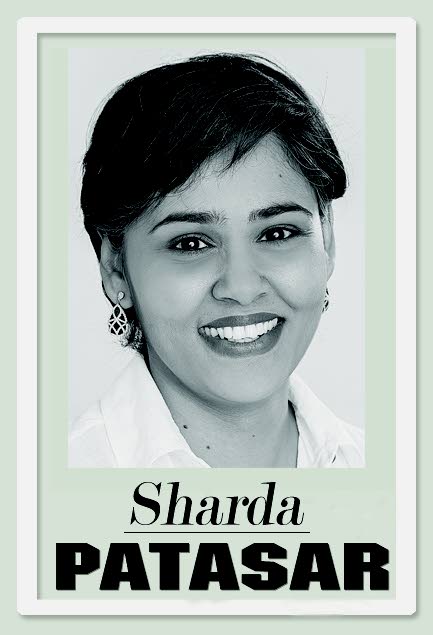No harm in borrowing

In my further research into weight loss and health after last week’s brief exploration of the body image issue, I listened with intent to a TEDx talk called Reinventing the Body. By the time the words were uttered, sparks flew and I shut down the video to begin an exploration of the idea. Images appeared, a quick sketch formed itself. As if to add to my exploration of process, a day after that video, a friend said, “I am lost. I am not sure what I want to study and I am curious. You studied music, your research: what’s that process like? How did you come to the ideas? Do I just read everything there is? I feel like I am reading without a direction.”
At that point, I stalled. I hadn’t really thought about that process much because I had never been asked about process in any significant way. But now I was forced to think because this friend was evidently searching for something deeper. The questions came in a sort of a torrent, a search to structure a process.
"I see my professors doing research, writing, but I don’t know what their process looks like. Nobody talks about the process. Like how do my seniors even remember conversations to be able to write? Do they write it down? When? How?”
“Hmm. Well, I suppose everyone has a different way of working. Maybe you should ask them.”
"Yes. There must be a structure,’ she said, her mind evidently searching for a formula.
“Ok, what are you interested in?” I went on.
"That’s the problem. I don’t know,” she replied.
“Well, there must be some hint at least. The reading should give you some idea.”
"Well…" She proceeded to explain her area of interest.
“Well then, you have an idea. So this feeling of being out on open seas drifting is pretty normal. Reading widely is just a search, really. You are actually just searching for that one thing that will give you the direction that you need. Just work with it,” I advised.
"Yes, but I feel so stagnated. I have no idea where I am headed."
“Well, maybe interacting with people more senior to yourself might help. Just a casual conversation yields ideas. And just work with the wide reading for now. Somewhere along the way you’ll find a thread that you might want to follow. And it’s ok to change direction because as you travel along, you’ll realise that this doesn’t work, or something that you were ignoring previously might actually become central. Best advice I got as a PhD student was to just find a thread and follow through with the argument. Don’t try to cover everything.”
The conversation meandered, but the overriding thought in my head at the end of the night was the human tendency to identify formulas, to package things neatly.
But what about the value of messiness, of chaos? Another friend advised that I write her a letter to cope with my boredom at this point, because she messes up good things. And I thought, it was the same issue again. It’s a process, and processes just are. How we interact with them leaves us with feelings of either failure or success.
I write today feeling as though this sounds like an advice column, which of course it is not intended to be. My journeys through friends’ experiences, observations of people about their daily activities, the feeling of having outgrown myself and wanting to move on to a new self, the need for self-expression denied to some of us and which we also deny ourselves, and indeed the immense value and importance of self-expression that we overlook as societies – all these observations are tied to the way in which I think through the nation.
I am preoccupied with identities. The individual with her worldview lives within a community which is a world of micro worldviews; those communities exist within a society, that society within a region, that region within a world. Essentially we have pockets of experiences, of ways of being, of various versions of selves. So structure is pretty much a subjective matter.
To the friend who believes she is adrift, to the one who believes she messes up every good thing, I would probably say, enjoy the chaos. There is value in it. Thank the universe for your awareness of yourselves. From there it’s just a matter of grounding yourself. Once anchored, we just get accustomed to improvising and finding what works; and what works should be determined by our own experiences rather than imported ones, although there is certainly no harm in borrowing.

Comments
"No harm in borrowing"